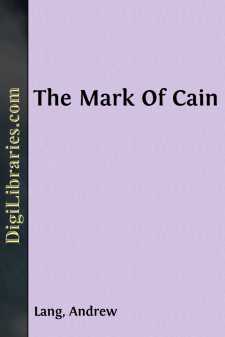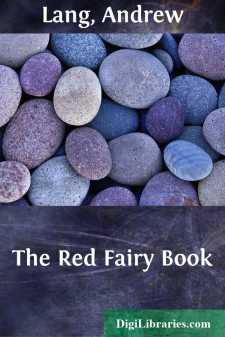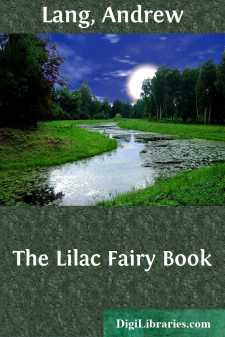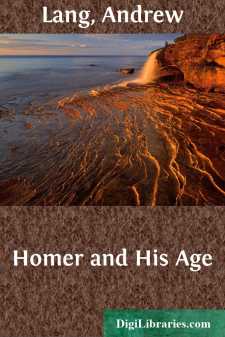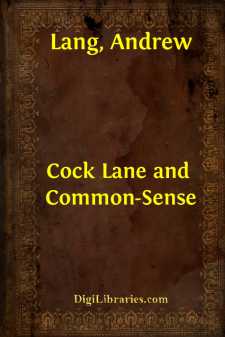Categories
- Antiques & Collectibles 13
- Architecture 36
- Art 48
- Bibles 22
- Biography & Autobiography 813
- Body, Mind & Spirit 142
- Business & Economics 28
- Children's Books 17
- Children's Fiction 14
- Computers 4
- Cooking 94
- Crafts & Hobbies 4
- Drama 346
- Education 46
- Family & Relationships 57
- Fiction 11829
- Games 19
- Gardening 17
- Health & Fitness 34
- History 1377
- House & Home 1
- Humor 147
- Juvenile Fiction 1873
- Juvenile Nonfiction 202
- Language Arts & Disciplines 88
- Law 16
- Literary Collections 686
- Literary Criticism 179
- Mathematics 13
- Medical 41
- Music 40
- Nature 179
- Non-Classifiable 1768
- Performing Arts 7
- Periodicals 1453
- Philosophy 64
- Photography 2
- Poetry 896
- Political Science 203
- Psychology 42
- Reference 154
- Religion 513
- Science 126
- Self-Help 84
- Social Science 81
- Sports & Recreation 34
- Study Aids 3
- Technology & Engineering 59
- Transportation 23
- Travel 463
- True Crime 29
The Mark Of Cain
by: Andrew Lang
Description:
Excerpt
CHAPTER I.—A Tale of Two Clubs.
"Such arts the gods who dwell on high
Have given to the Greek."—Lays of Ancient Rome.
In the Strangers' Room of the Olympic Club the air was thick with tobacco-smoke, and, despite the bitter cold outside, the temperature was uncomfortably high. Dinner was over, and the guests, broken up into little groups, were chattering noisily. No one had yet given any sign of departing: no one had offered a welcome apology for the need of catching an evening train.
Perhaps the civilized custom which permits women to dine in the presence of the greedier sex is the proudest conquest of Culture. Were it not for the excuse of "joining the ladies," dinner-parties (Like the congregations in Heaven, as described in the hymn) would "ne'er break up," and suppers (like Sabbaths, on the same authority) would never end.
"Hang it all, will the fellows never go?"
So thought Maitland, of St. Gatien's, the founder of the feast. The inhospitable reflections which we have recorded had all been passing through his brain as he rather moodily watched the twenty guests he had been feeding—one can hardly say entertaining. It was a "duty dinner" he had been giving—almost everything Maitland did was done from a sense of duty—yet he scarcely appeared to be reaping the reward of an approving conscience. His acquaintances, laughing and gossipping round the half-empty wine-glasses, the olives, the scattered fruit, and "the ashes of the weeds of their delight," gave themselves no concern about the weary host. Even at his own party, as in life generally, Maitland felt like an outsider. He wakened from his reverie as a strong hand was laid lightly on his shoulder.
"Well, Maitland," said a man sitting down beside him, "what have you been doing this long time?"
"What have I been doing, Barton?" Maitland answered. "Oh, I have been reflecting on the choice of a life, and trying to humanize myself! Bielby says I have not enough human nature."
"Bielby is quite right; he is the most judicious of college dons and father-confessors, old man. And how long do you mean to remain his pupil and penitent? And how is the pothouse getting on?"
Frank Barton, the speaker, had been at school with Maitland, and ever since, at college and in life, had bullied, teased, and befriended him. Barton was a big young man, with great thews and sinews, and a broad, breast beneath his broadcloth and wide shirt-front. He was blonde, prematurely bald, with an aquiline commanding nose, keen, merry blue eyes, and a short, fair beard. He had taken a medical as well as other degrees at the University; he had studied at Vienna and Paris; he was even what Captain Costigan styles "a scoientific cyarkter." He had written learnedly in various Proceedings of erudite societies; he had made a cruise in a man-of-war, a scientific expedition; and his Les Tatouages, Étude Médico-Lêgale, published in Paris, had been commended by the highest authorities. Yet, from some whim of philanthropy, he had not a home and practice in Cavendish Square, but dwelt and labored in Chelsea....


